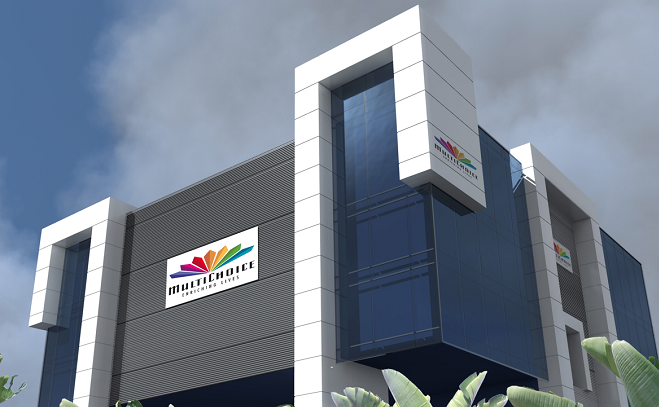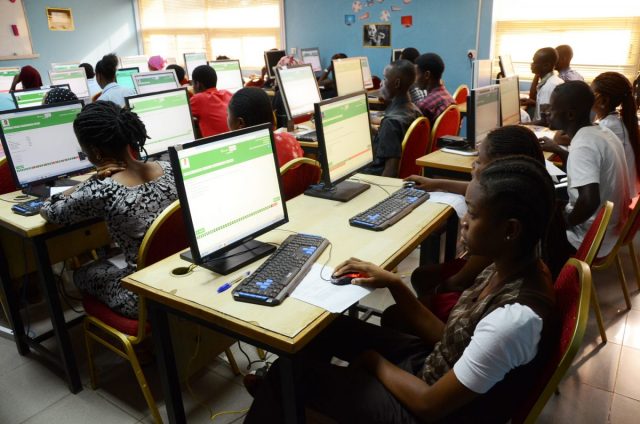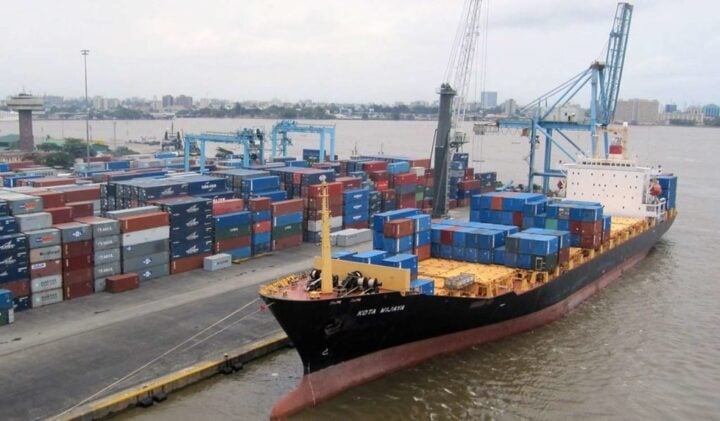MultiChoice Nigeria, on Tuesday, announced an upward review of prices on its DStv and GOtv packages.
According to a text message to customers, seen by TheCable, the new rates will begin from May 1, 2023.
The pay-tv firm said the price adjustment was due to the rising costs of business operations.
“Please note that from May 1, your monthly subscription (premium) will be N24,500. To retain your old price of N21,000 for up to 12 months ensure you are active by April 30,” the text message reads.
Advertisement
With the fresh rates hike, TheCable understands that the price on the Compact+ bouquet would move to N16,600 from N14, 250 monthly.
Subscribers on the Compact bouquet will now pay N10,500 as against N9,000; while those on Confam package are set to pay N6,200 compared to the previous N5,300.
Under the new price regime, viewers on DStv Yanga and Padi bouquets will pay N3,500 and N2,500 respectively, as against N2,950 and N2,150.
Advertisement
Meanwhile, subscribers on the GOtv Supa package will now pay N6,400 as against N5,500; with those on GOtv Max expected to pay N4,850 as against N4,150.
More so, the GOtv Jolli package price will increase to N3,300 from N2,800; while that of the GOtv Jinja and GOtv Lite will rise from N1,900 to N2,250; and from N900 to N1,100, respectively.
But despite the rates increases, MultiChoice Nigeria also made a price lock offer to subscribers who may renew their subscriptions before their due dates.
The offer, which is meant to cushion the effect of the price review, allows customers to pay the old rates for 12 months, if they pay monthly before the expiration of their subscriptions.
Advertisement
Similarly, it grants subscribers (who pay for one year at a go, before the new prices kick in) the opportunity to pay the old tariffs.
NIGERIA RATES VS PRICES IN SOUTH AFRICA, KENYA
A country-by-country price analysis shows that Nigerian DStv premium subscribers will pay the equivalent of $33.11, using the unofficial rate of N740 to a dollar.
Customers in South Africa will pay 879 Rands — $48.48 — at 18.1 Rands to the dollar.
Advertisement
While the tariff of N16,600 ($22.43) will be paid by Nigerian Compact+ subscribers, those in South Africa will pay 579 Rands ($31.94). Also, Compact bouquet customers in Nigeria will pay the equivalent of $14.19 (N10,500).
Kenyan subscribers on the three bouquets will pay KES 9,500 ($70.06), KES 5,900 ($43.51), and KES 3,300 ($24.34) respectively.
Advertisement
Out of the three countries examined, the prices for the three subscription packages analysed are lower in Nigeria compared to South Africa and Kenya.
STARTIMES’ RATE HIKE
Advertisement
As TheCable observed, MultiChoice Nigeria’s price adjustment comes two weeks after a similar move was made by its competitor — StartTimes.
Last week, StarTimes, a Chinese-operated television company, announced an upward price review which took effect on April 14, 2023.
Advertisement
StarTimes’ new prices will see its Basic bouquet customers on DTT (antenna) pay N2,100 monthly, as against the previous sum of N1,850; while customers on its Classic bouquet will pay N3,100 monthly as against the previous N2,750 tariff.
The price of the Nova bouquet also went up from N900 to N1,200.
Also, the company’s subscribers using DTH (dish) are affected, with the tariff on the Smart bouquet rising to N2,800 per month from N2,600.
Due to the rates review, the Super bouquet will now attract a monthly tariff of N5,300 relative to the previous N4,900 price. The Nova bouquet had its tariff raised to N1,200 from N900.
StarTimes said the price review had to be done due to the current harsh economic realities in the country.
“We are not immune to the economic realities affecting businesses in the country. While businesses have been adjusting prices upwards to remain afloat, we have been absorbing the recurring increases in costs. However, it isn’t easy to maintain the same price if we must keep serving our customers,” the company said.
Add a comment






